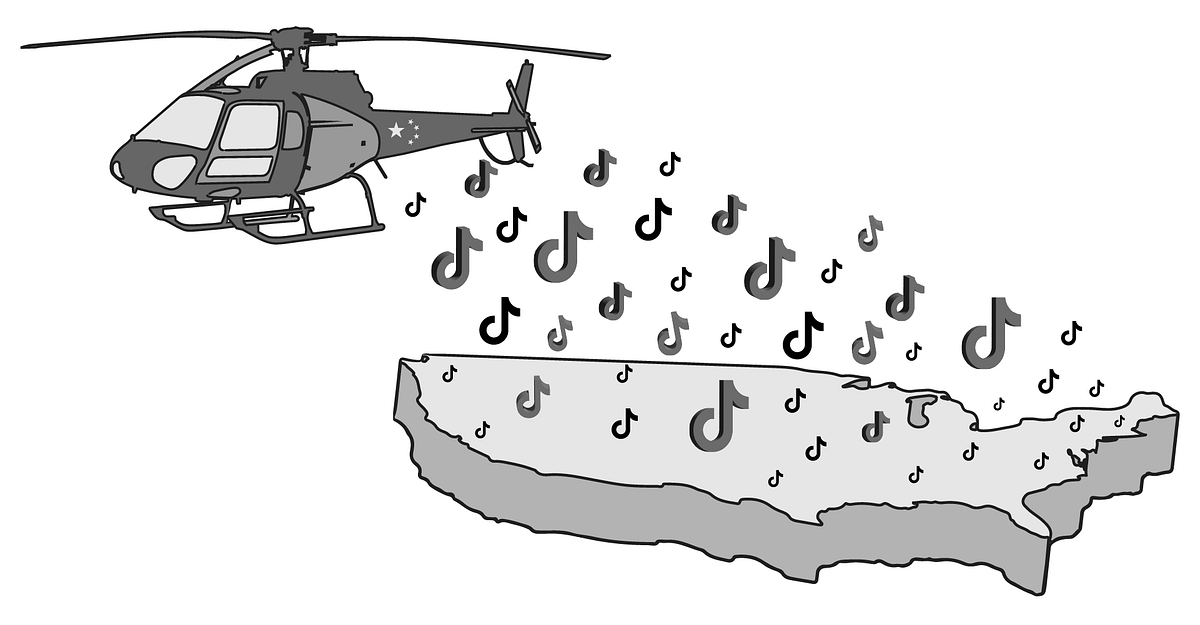Short-Form War

🌈 Abstract
The article discusses the growing divide between young Americans and their elders in terms of views on the Israel-Palestine conflict. It explores how social media, particularly TikTok, is shaping and amplifying pro-Palestinian sentiments among younger generations, and the potential risks of this dynamic, including the possibility of manipulation by the Chinese government.
🙋 Q&A
[01] Young Americans' Attitudes Toward Israel-Palestine Conflict
1. What are the key differences in views on the Israel-Palestine conflict between younger and older Americans?
- Younger Americans (18-24) are more likely to believe the Hamas attacks of October 7 "can be justified by the grievances of the Palestinians" compared to older Americans.
- Older Americans (over 65) are more likely to have a favorable view of Israel compared to younger Americans (under 29).
- Concerns about increasing antisemitism in the U.S. are also correlated with age, with 85% of seniors saying it's growing compared to 52% of Gen Zers who say it's not.
2. What factors may contribute to the diverging views between younger and older Americans on this issue?
- Younger Americans are more diverse and presumably more sympathetic to non-white groups like Palestinians.
- Younger Americans' frame of reference is more likely to include recent events like the Gaza conflict and West Bank settlements, rather than historical events like the Yom Kippur War.
- The article suggests young people's attitudes are hardening, with a majority of Americans under 43 being more sympathetic to Palestinians than Israelis, even as U.S. policy remains staunchly pro-Israel.
[02] The Role of Social Media in Shaping Narratives
1. How is social media, particularly TikTok, impacting the discourse around the Israel-Palestine conflict?
- On TikTok, the scale and reach of pro-Palestine content dramatically outweighs pro-Israel content, with videos tagged #StandWithPalestine receiving over 10 times the views of #StandWithIsrael.
- This is leading to a feedback loop where young people are more prone to create and consume pro-Palestinian content, further reinforcing their views.
- The article suggests this could be part of a broader effort by the Chinese government to sow division in the U.S. through the manipulation of TikTok.
2. What are the potential risks of social media's influence on this issue?
- Social media algorithms can shepherd users into "hermetically sealed bubbles," framing the conflict through a lens of "rage and extremism."
- This can lead to a coarsening of discourse and an increased focus on what divides us, rather than what unites us.
- The article suggests there is a "nonzero probability" that the Chinese government is leveraging TikTok to foment internal strife in the U.S., which could have profound consequences.